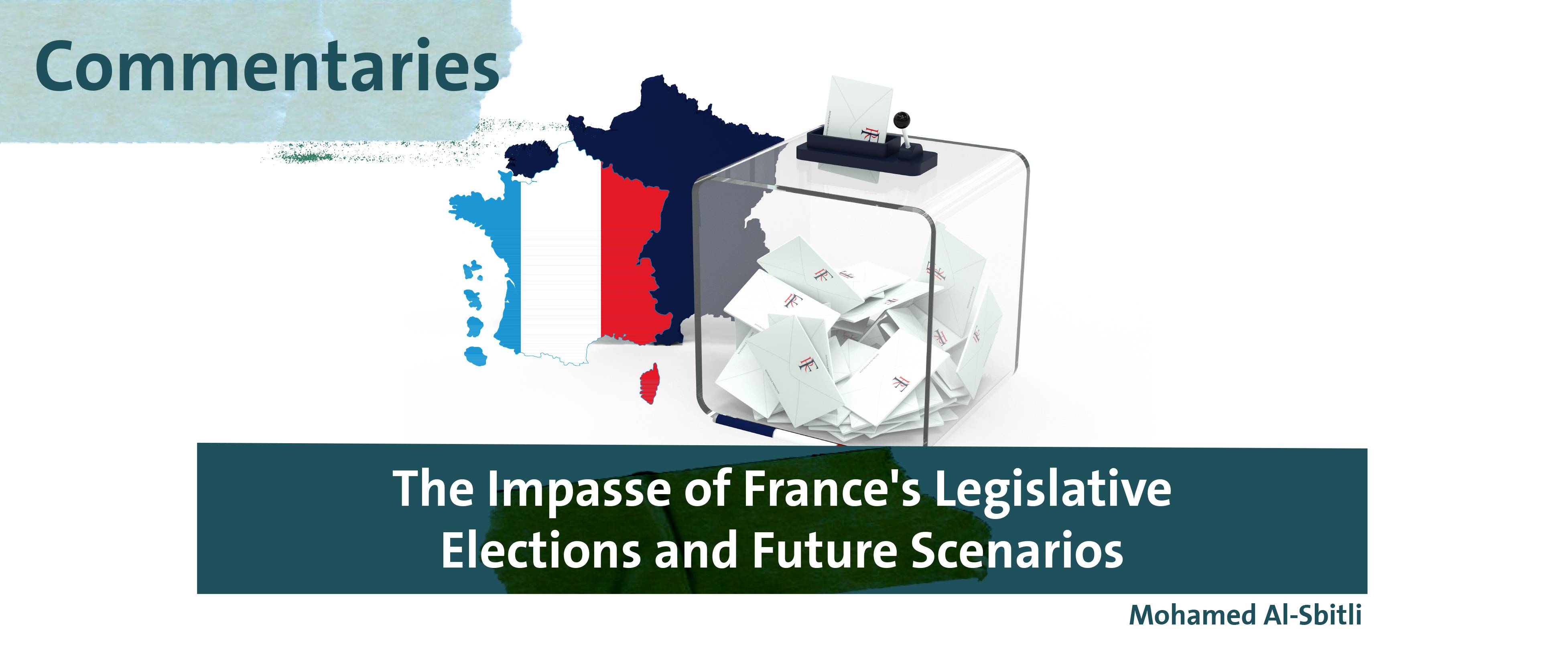Commentaries
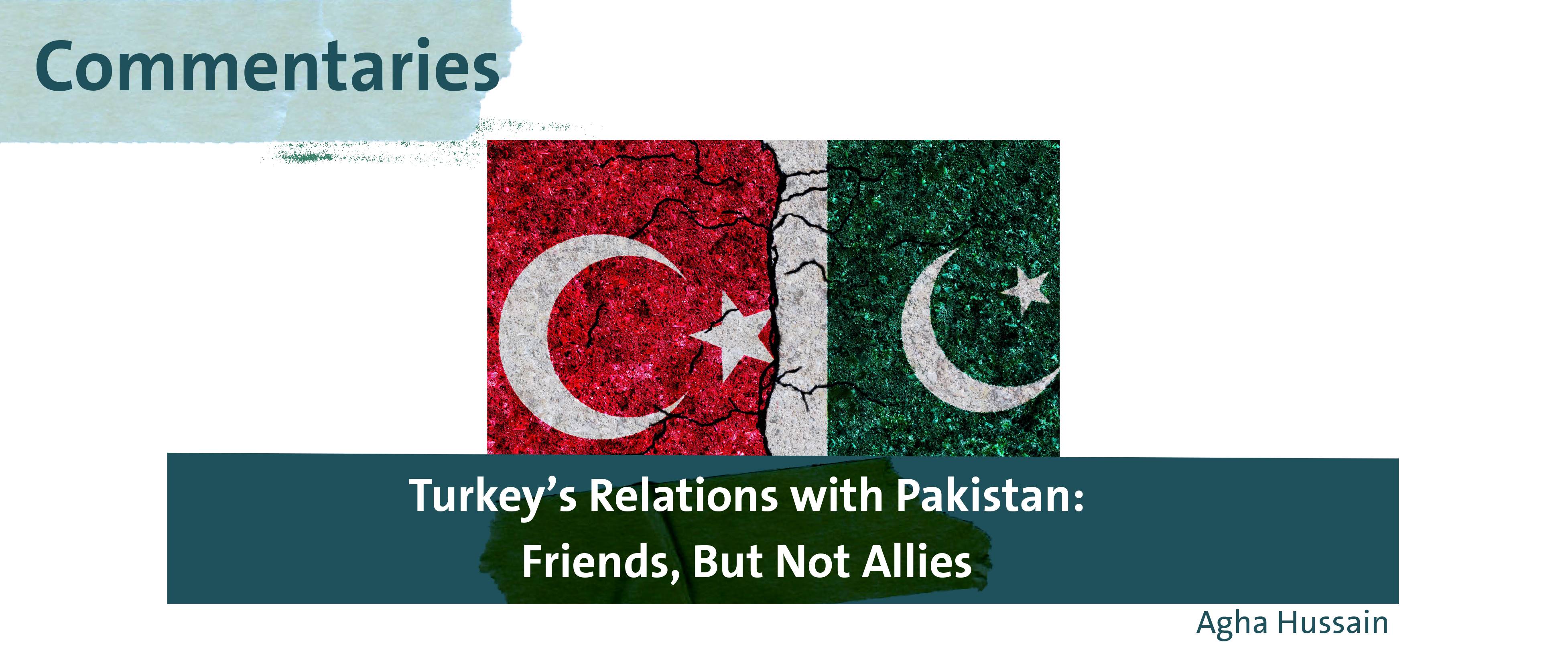
Number:
Author: Agha Hussain
The “brotherly” tone that Turkey and Pakistan use when speaking to and about each other might give the impression that these two large Muslim-majority states are fast allies. Relations have been growing closer ever since Turkish President Recep Tayyip Erdoğan launched a policy of explicit support for Pakistan in its dispute with India over Kashmir. But Turkey’s repeated attempts since then to add a geostrategic component to bilateral ties with Pakistan have failed. Against this backdrop, this commentary will analyze Turkey’s diplomatic attempts to draw Pakistan into a more permanent geostrategic partnership. In so doing, it lays bare the obstacles in fr
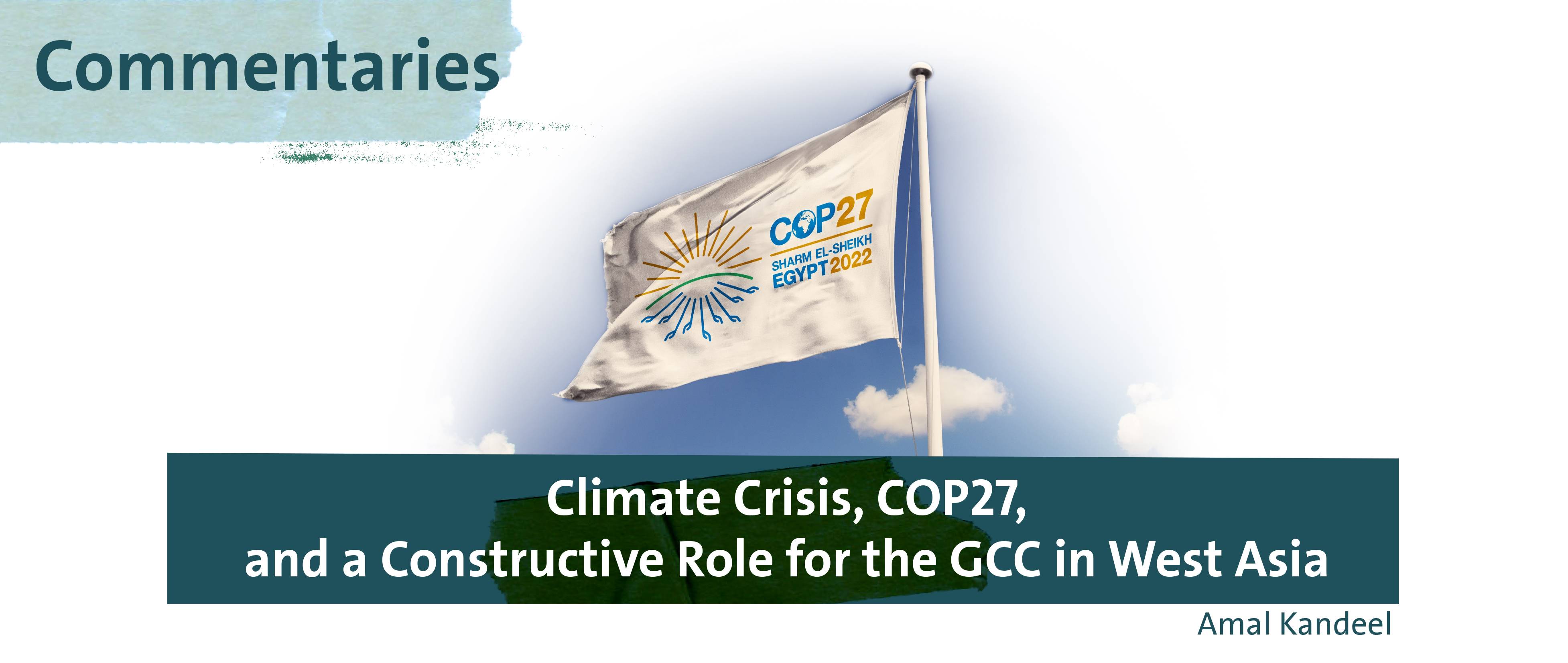
Number:
Author: Amal Kandeel
The commentary draws attention to risks posed to urgently needed international climate action as the world is grappling with the ramifications of the war in Ukraine. While the 27th round of the Conference of the Parties to the United Nations Framework Convention on Climate Change is around the corner, MENA, deeply exposed to climate change impacts, is also one of the most vulnerable regions to global food supply disruptions and price spikes. The commentary calls upon MENA policymakers to heed the IPCC’s recent warnings at this critical moment and upon GCC leadership to assume the indispensable role they have in addressing regional climate vulnerabilities.
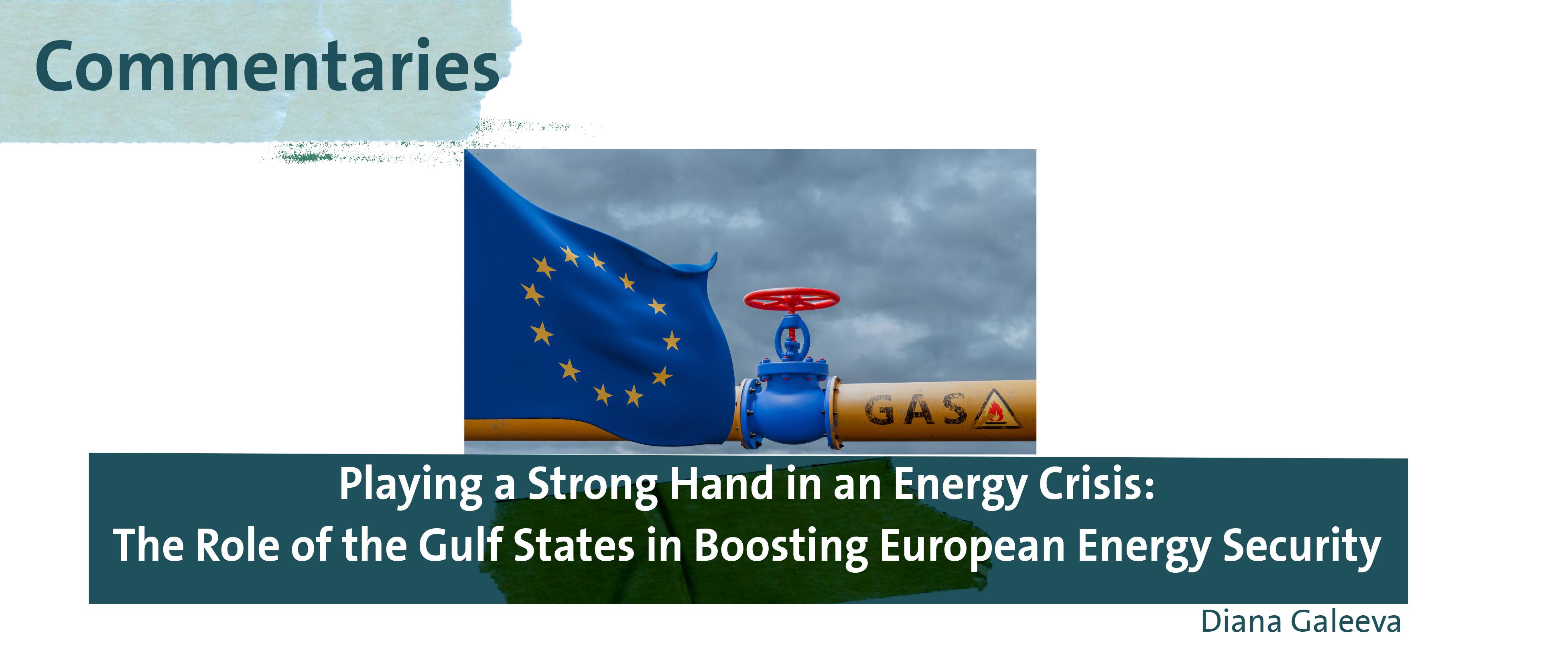
Number:
Author: Diana Galeeva
In May 2022, the European Union (EU) and the Gulf Cooperation Council (GCC) unveiled a strategic partnership as part of the EU’s Global Gateway strategy. While the EU and the GCC have long-standing ties, the new strategic partnership reflects a desire to address emerging challenges, especially the European energy crisis triggered by Russia-Ukraine conflict. The energy crisis has deepened in recent months, as Russia cut flows in June through the Nord Stream 1 pipeline to 40 percent of capacity and shut the pipeline altogether for ten days of annual maintenance in July. The energy crisis has thrown into stark relief the threat posed to Europe by its dependence on Russian ene
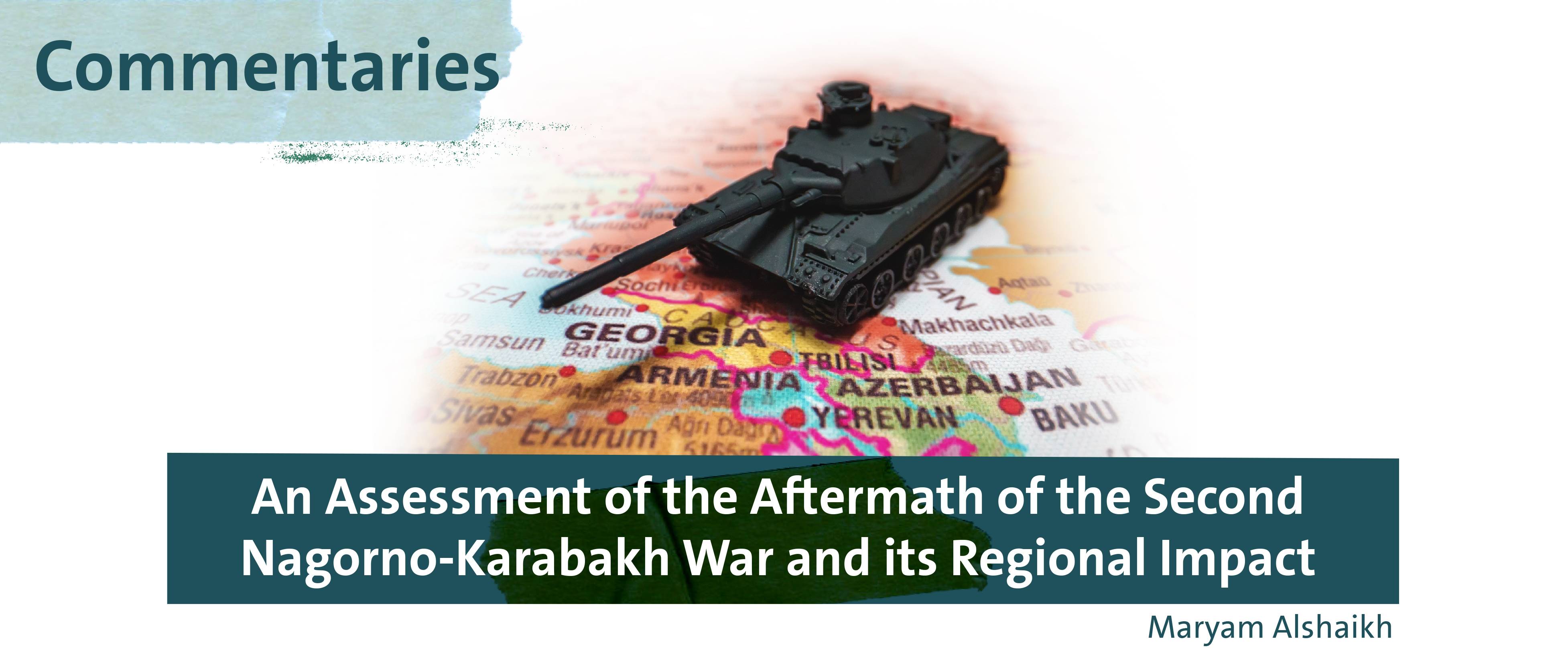
Number:
Author: Maryam Alshaikh
The commentary examines the ramifications of the Azerbaijani-Armenian war in 2020, as well as its impact on the wider regional balance of power. It also considers the ways in which the ongoing Russo-Ukrainian war is affecting the post-war settlement in Nagorno-Karabakh.
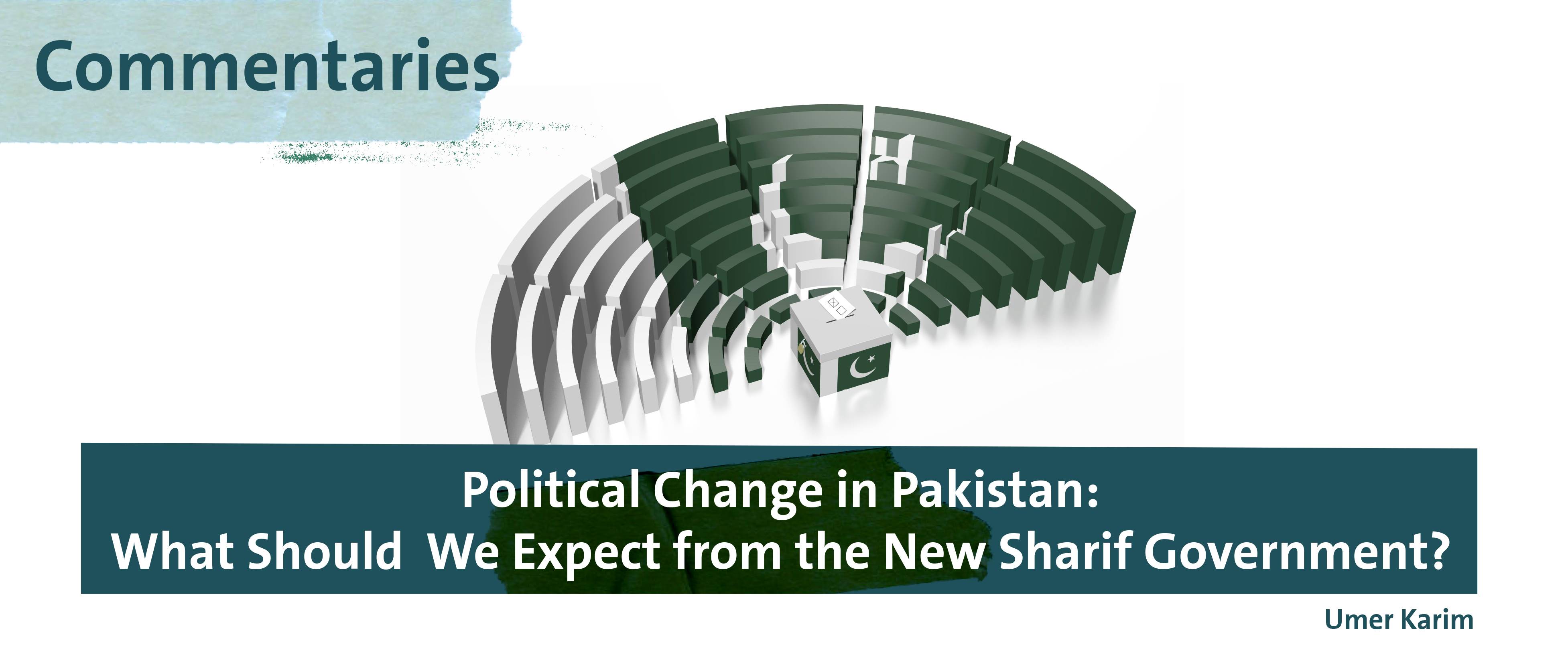
Number:
Author: Umer Karim
Instability is, in a word, the hallmark of Pakistani politics. Imran Khan’s government proved no exception. It collapsed owing to his unorthodox and populist views on foreign policy and his differences with the military leadership. Khan’s departure paved the way for the return to dynastic politics in Pakistan, traditionally dominated by the Sharifs and Bhuttos. The Sharifs and Bhuttos have traditionally been bitter enemies but have now formed a joint political front to counter Imran Khan’s anti-status quo politics. They may have succeeded in bringing down Khan’s government but now have to deal with an economy on the brink of collapse and a politically res
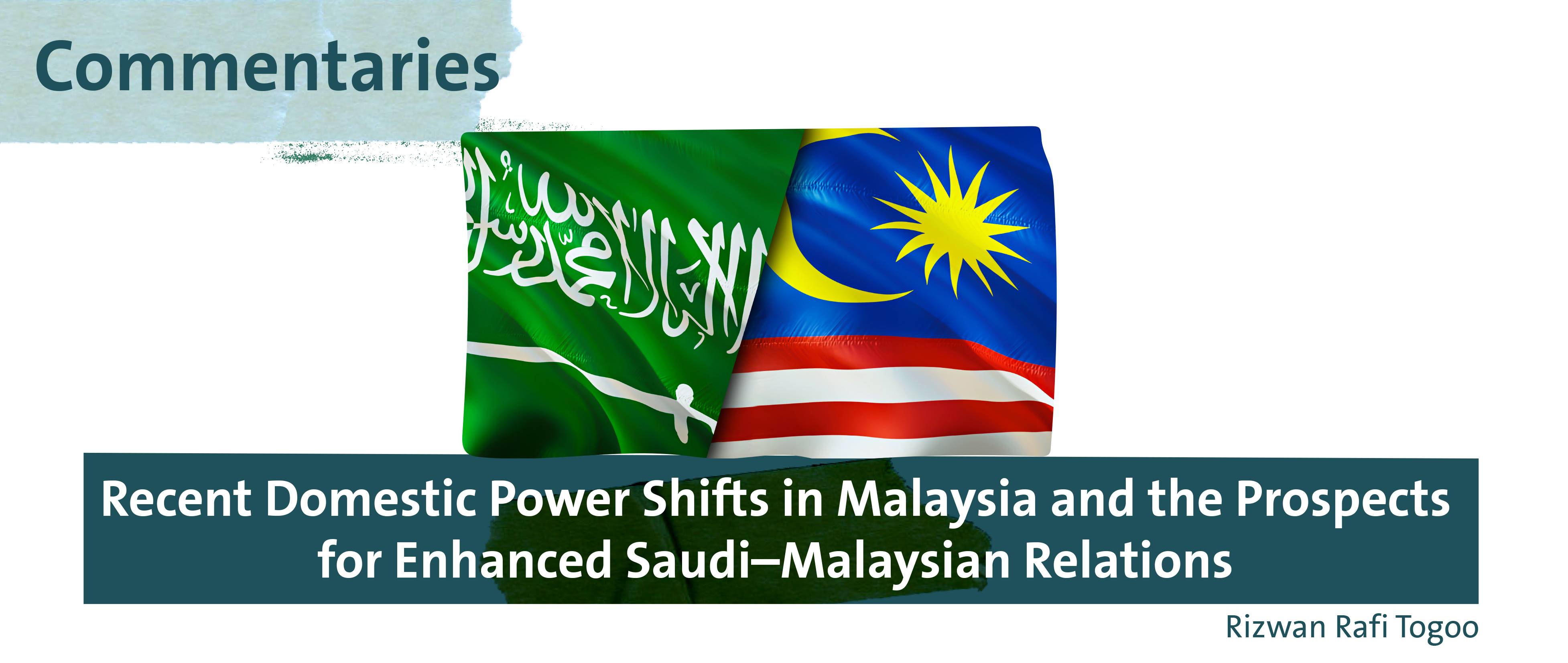
Number:
Author: Rizwan Rafi Togoo
The commentary investigates recent political developments in Malaysia and their impact on bilateral relations between Saudi Arabia and Malaysia, arguing that as a result of the recent change in power structures in Malaysia, the country will shift to a non-confrontational foreign policy based on economic pragmatism. Given Malaysia’s recent political developments, the commentary highlights the prospects for enhanced Saudi-Malaysian relations following a brief period of strained relations under the Mahathir Mohammed-led administration.
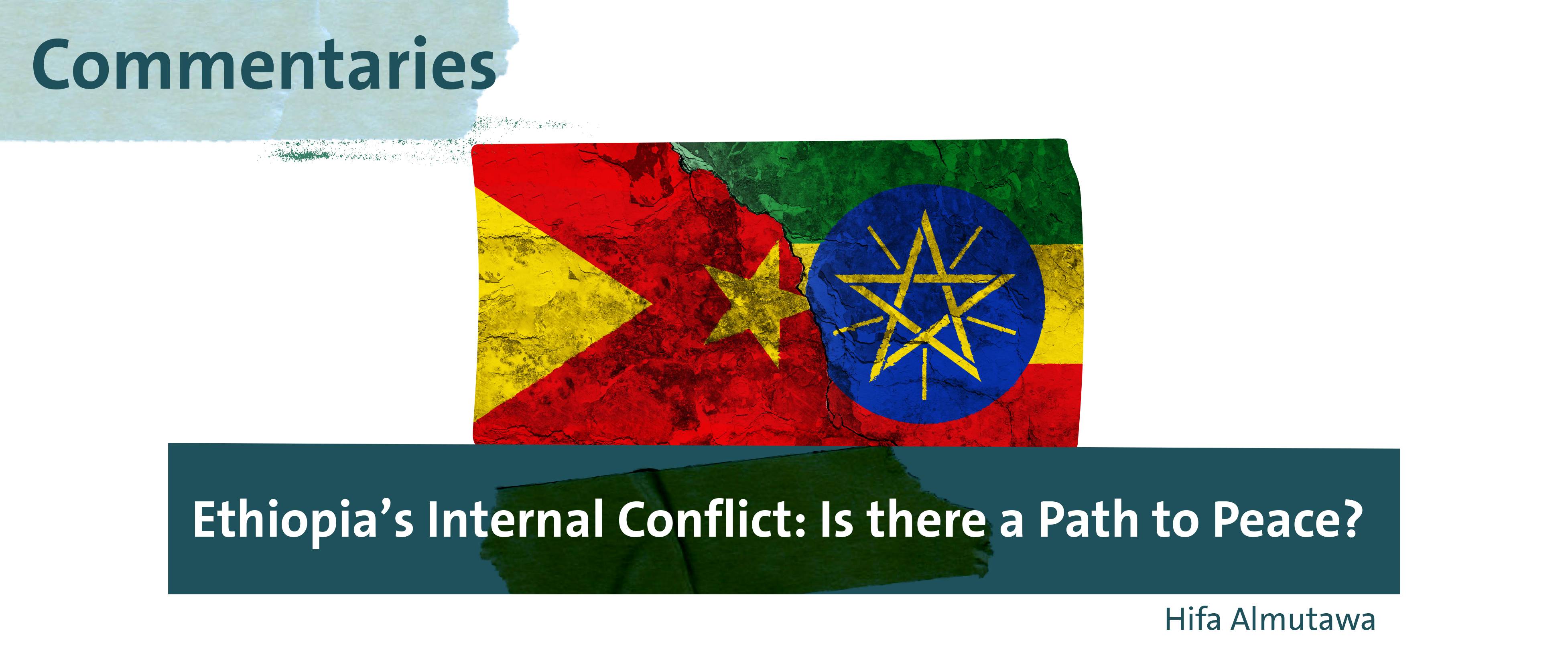
Number:
Author: Hifa Almutawa
Since 2020, the conflict in Ethiopia’s northern Tigray region has been one of the most terrifying and challenging the Horn of Africa has confronted in decades. It has been more than a year since Ethiopia’s federal government, under the direction of the prime minister, Abiy Ahmed, launched a military campaign against the Tigrayan People’s Liberation Front (TPLF) in Tigray. Moreover, the two sides appear to have dug in, taking Ethiopia to the brink of collapse. Since late 2020, many thousands of people have died, while others have been internally displaced or fled across the border into neighboring Sudan. The United Nations Sec
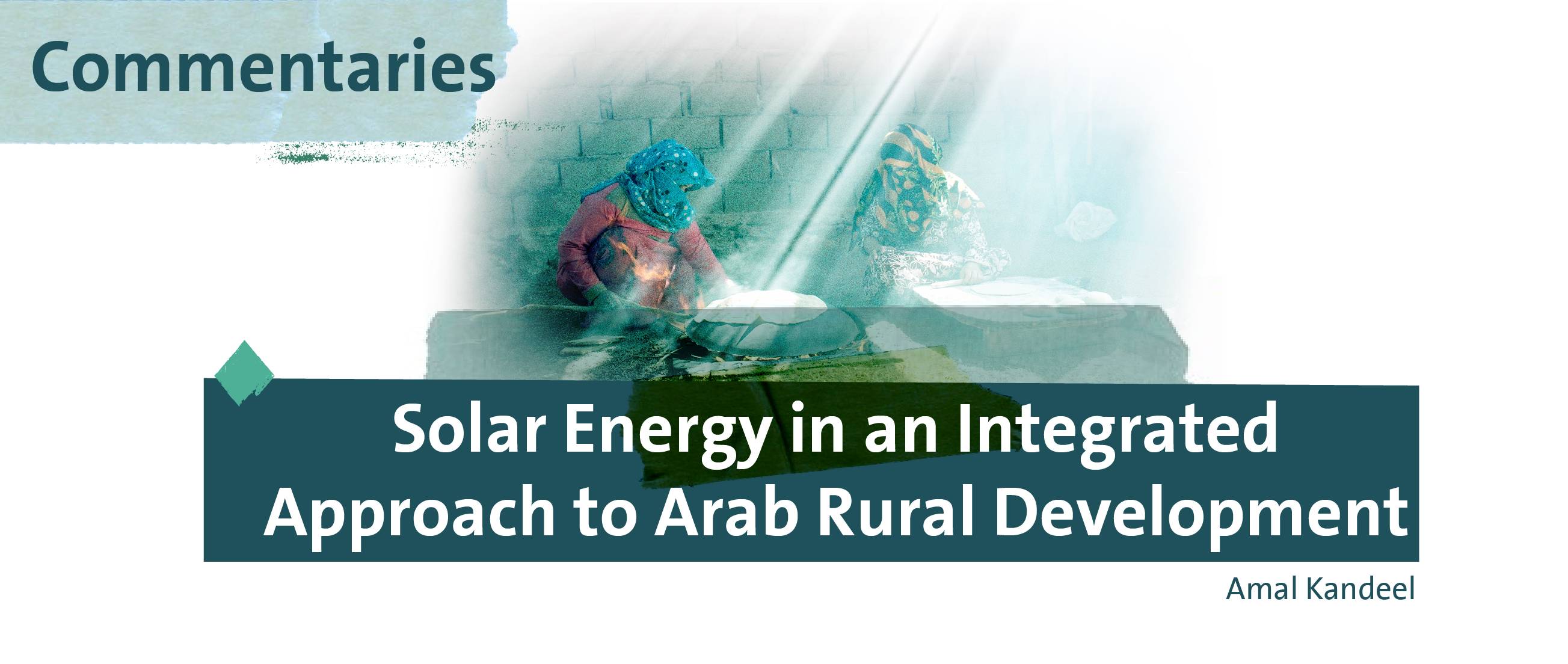
Number:
Author: Amal Kandeel
The need for access to and use of safe and clean energy resources is universal. But energy access and use are often constrained in challenging socioeconomic contexts and for disadvantaged communities. There is a real risk that vulnerable rural communities worldwide will continue to be left out of whatever energy development achievements are made in their respective regions or countries. This risk is elevated for rural communities in some agriculture-based Arab countries where poverty is widespread, and the scarcity of freshwater is high and rising due to population growth and the climate crisis. Improving energy security within these communities and reducing the risk that they w
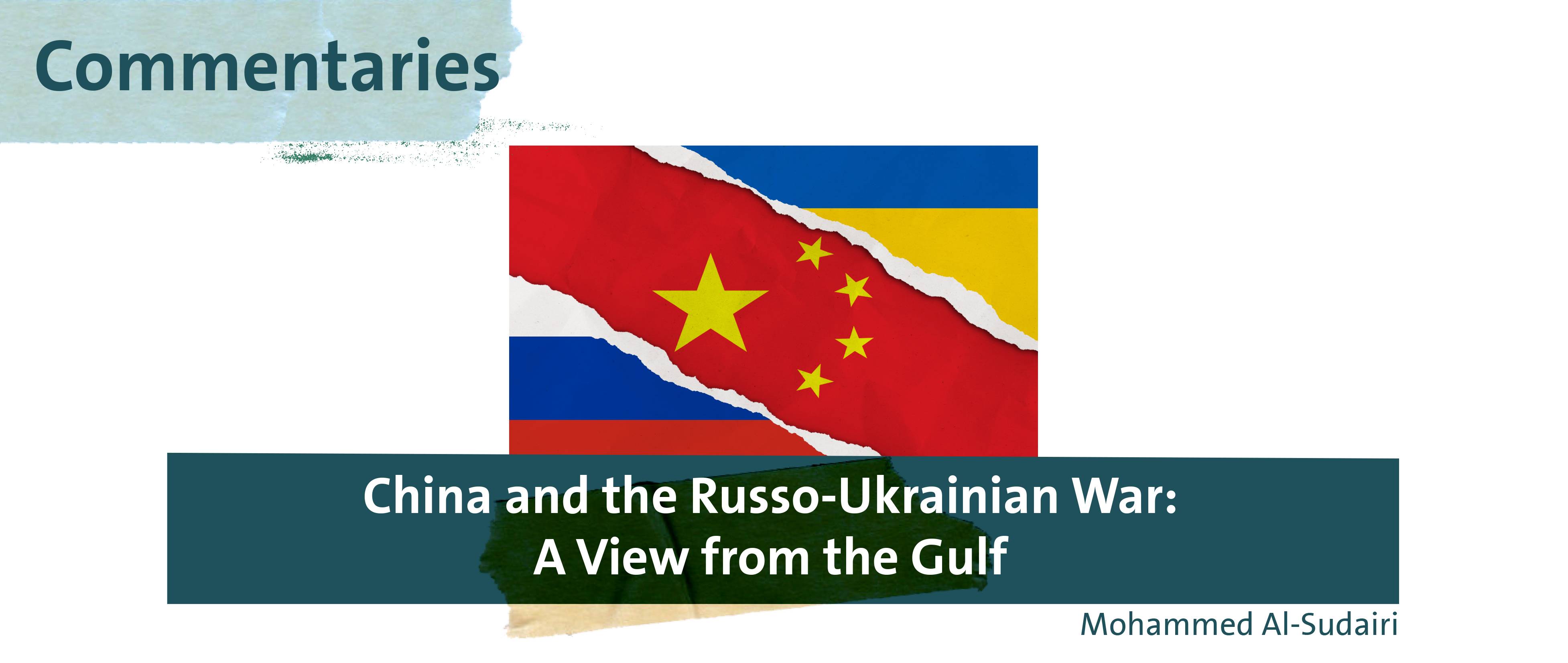
Number:
Author: Mohammed Al-Sudairi
The commentary investigates China’s position on the ongoing Russian invasion of Ukraine, arguing that it is unlikely to extend substantive support to Russia over the short or medium terms. The commentary then highlights some of the lessons its stance might have for observers in the Gulf.

